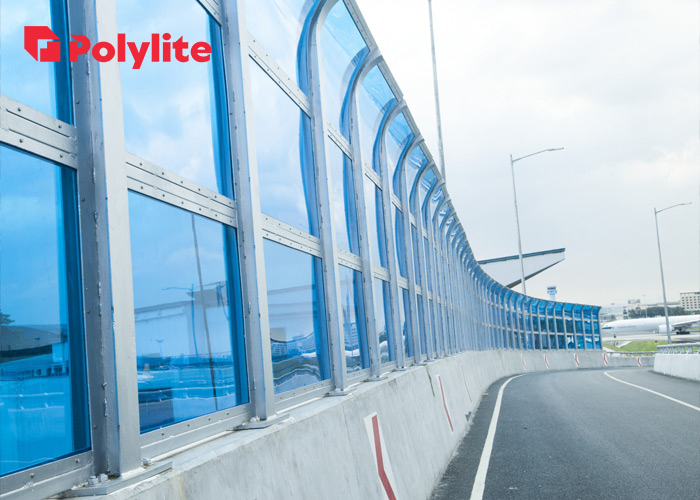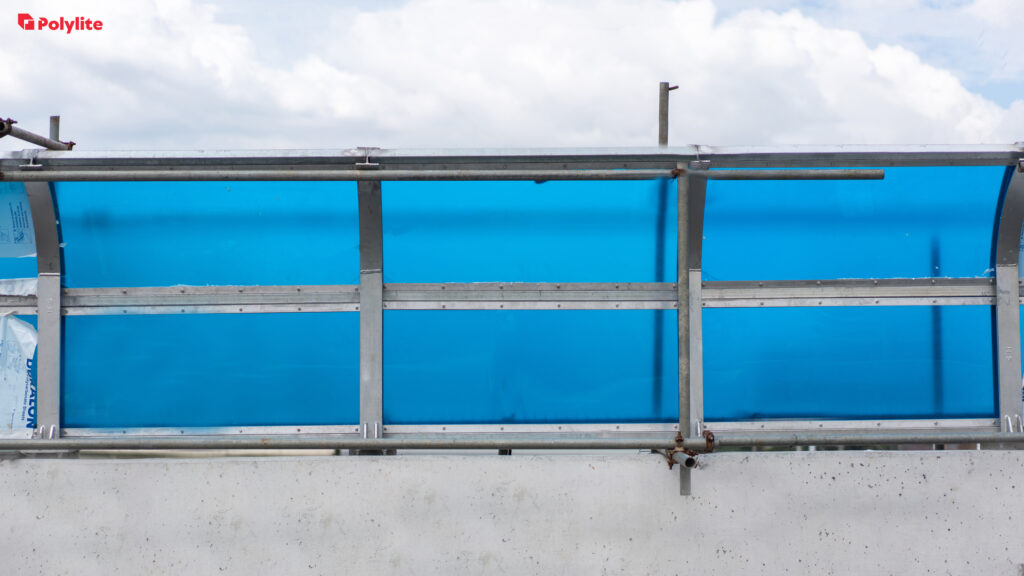Everything excessive can be considered negative. The same principle is applied to sound, which turns into noise once it reaches high concentration. Noise affects our ways negatively the same way low and pleasing sound positively helps us function in our daily lives. Noise pollution can either come from natural or manmade causes. It affects human health, wildlife,environmental quality, and the way we function. This is the reason why we take extra steps in making the places we work and live as comfortable and warm as possible.
Why is sound insulation important?
The usual focus of every commercial space or building is how it is going to look, and not how it performs in relation to the environment it belongs to. Noise has been proven to be detrimental to relaxation and quality of life. This is specifically important in places where high traffic is present, or in places like hospitals and schools where silence and concentration is necessary.
Sound insulation creates a comfortable living space. It keeps people focused at work, makes peaceful rest, and keeps the mind and body attuned. There are a variety of spaces that directly require effective sound insulation in order to function properly, like recording studios or home theaters. Sound insulation can also be particularly important in expressways near people’s homes, because loud sound is disruptive, bothersome, and inconvenient. This causes serious health deterioration, whether physically or mentally.
How does sound insulation work?
Noise reduction techniques vary in the way they work. Passive method involves using materials that can absorb sound energy, while active method is directly reducing noise from its source. This article will focus more on the passive method and the use of construction materials to regulate sound and reduce noise to improve living quality in certain establishments. For sound insulation to work effectively, the material used, as well as the strategic placement of the material should be considered. Sound waves travel through the air which are then either reflected or absorbed, depending on the materials it interacts with. Sound travels through the gaps in the room, in windows, doors, floors, and even roofs.
There are a lot of materials you can use for sound insulation in commercial properties. There are materials that are effective sound absorbers, while others are more effective as a sound reflector. Usually, materials with soft fabrics like soundproofing foam panels and tiles are used because of their high performance for a low cost value. Soft, porous surfaces like acoustic foam panels, curtains, rugs and carpets, fibrous mineral wool and felted or cast porous ceiling tile, are effective in absorbing sound and are commonly used in enclosed spaces like residential properties or entertainment centers. These materials are commonly placed near the source of the noise, its path, and close to its intended receivers. On the other hand, hard surfaces are commonly sound-reflective materials. Materials like concrete and fiberglass act as sound barriers to mitigate the noise from the source to its receivers. The change in frequency upon reflection is the reason why individuals receive less noise in roads or highways.
How do you decide which material to use for your requirement? It depends. You have to consider the scope of your project, what kind of space it is, the budget allocated, and the level of performance you want it to achieve. Residential places have different needs as compared to an office building. Carpets or fibrous materials may work for residential homes, while rigid materials can be more appropriate for large applications. A hospital may require sound insulation through exterior cladding as compared to skyways, which may require fiberglass.
Sound Insulation at Work

A great example of the sound insulation at work is the use of solid polycarbonate sheets as sound barriers to mitigate the noise brought by vehicles. You can find sound barriers in large expressways in the Philippines, including NLEX and CALAX. Sound barriers significantly reduce noise pollution to improve the quality of living in nearby residential areas and business establishments. Without sound regulation, chances are human health and wellness will be compromised. In this application, 6mm blue solid polycarbonate sheets were used as sound barriers in expressways.
Where to buy Polycarbonate Sheets
Duralon offers a wide variety of polycarbonate options you can use for different applications, including skylight roofing and sound barriers. A selection of solid polycarbonate, twin wall polycarbonate, and corrugated polycarbonate sheets is available in different colors and sizes in Polylite stores nationwide. Polylite is a trusted polycarbonate supplier in the Philippines, with over 40 branches in the Philippines. It is also one of the oldest in the industry, with 20 years under its belt.

